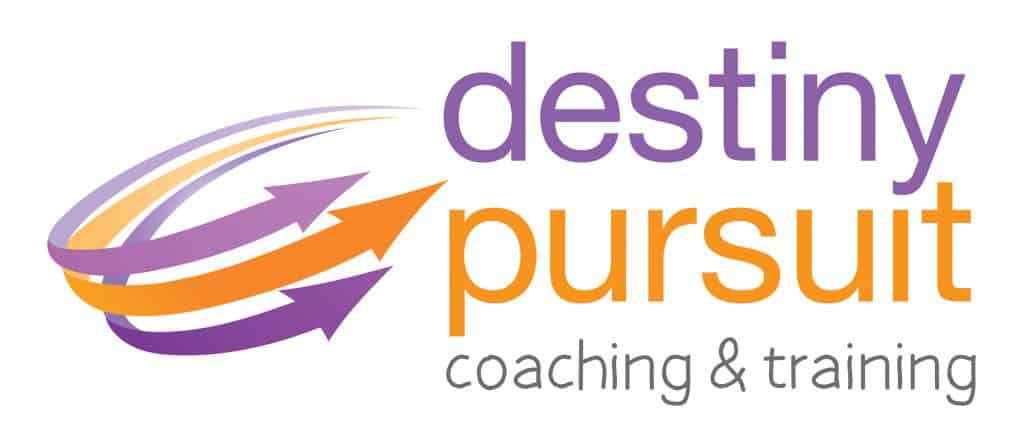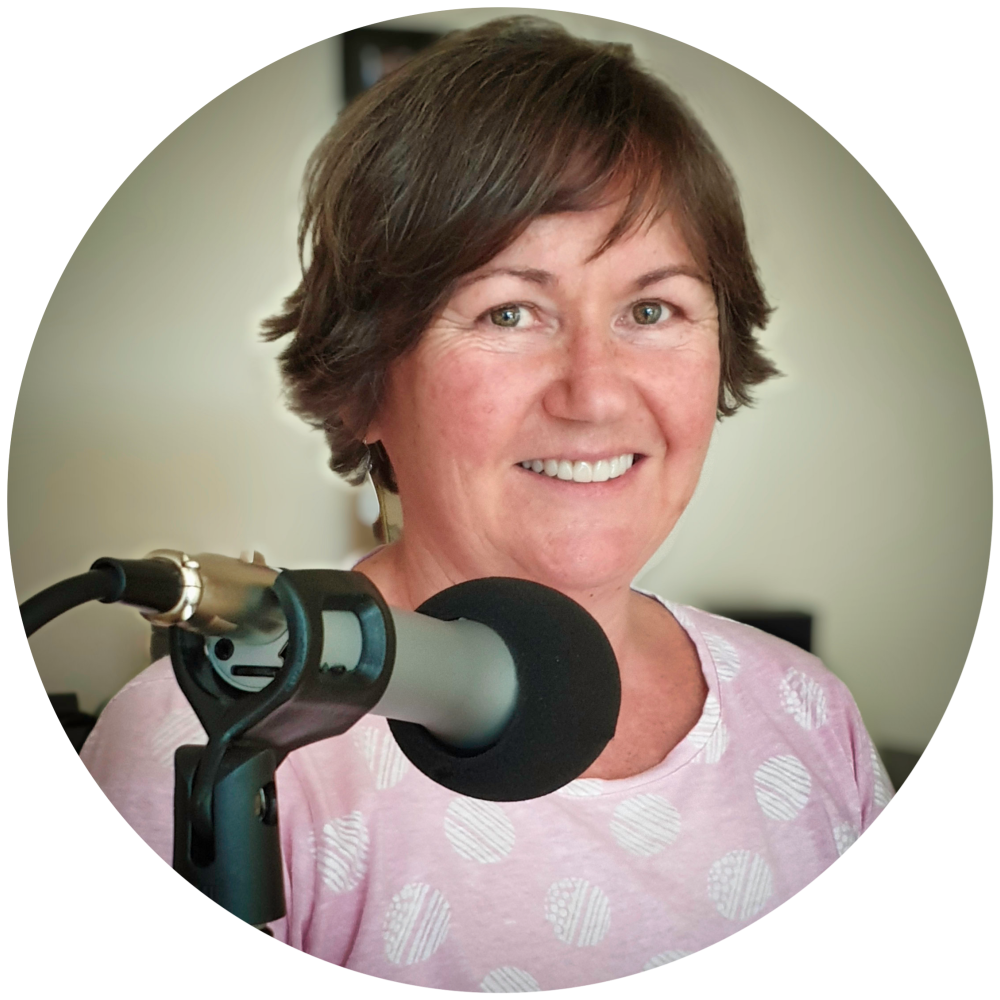The Six Core Needs - NLP Matters, Episode #005

With the continued extreme uncertainty we face in this 2020 world, there are lots of unusual behaviours that we can observe in our communities now.
Things like people hoarding particular grocery items or perhaps on a more domestic front, people might be a bit more grumpy than normal or perhaps a bit more lethargic than normal. Some people may even be a bit more energetic than normal. We're noticing that people's behaviors are changing in this environment.
And so in this episode, I think it’s time to focus on another fundamental model that provides powerful insight into why people do what they do. This model is the Six Core Needs Model.
Listen to the podcast to learn more.
Listen to the Podcast
Here are some key takeaways from this episode:
- Tony Robbins developed the Six Core Needs Model. According to Tony, we all have the same six needs but how we value those needs and the order in which we have them largely determines the direction of our lives.
- The Six Core Needs Model provides a simple and clear structure that reveals one of the most profound unconscious driving forces to human behaviour. As we begin to understand the six basic core human needs, we can see not only why people do what they do but we can also identify the needs that are driving ourselves specifically.
- Once you’ve identified which of the human needs have been driving your decision making, you can make a choice if this is how you want to continue to meet these needs or you can discover new ways to meet these needs that are more aligned with the outcomes you want to have in your life.
- If there is a conflict between a person’s goals and the capacity to meet his core need, it is the goal that gets sacrificed. The need must be met.
- The Six Core Needs:
- Certainty - the need for safety, security, or comfort.
- Uncertainty/Variety - the need for change
- Significance - the need to feel important, special, wanted, and worthy
- Connection/Love - the need for a strong feeling of closeness. Self love and self connection are also important aspects of this need.
- Growth - the need to expand our capacities and capabilities.
- Contribution - the need to have a sense of service and focus on helping, giving to, and supporting others.
- The first four needs - certainty, uncertainty, significance, and connection, are often referred to as personality needs. The last two needs - growth and contribution, are higher-order needs or spiritual needs.
- Contribution is where we are giving beyond ourselves perhaps to the greater good.
- Growth is where we are stepping outside of our boundaries or outside of our zone of knowledge and moving into what we don’t know.
- You can either meet the needs resourcefully or unresourcefully. Meeting our needs resourcefully means doing it in a way that aligns with our core values, and moves us closer towards the type of life we want to have. Meeting our needs unresourcefully means that we may be meeting those needs at the cost of other important things in our lives like our relationships or achieving the success we want to have. It may also be that the way we are choosing to meet them does not serve our health and wellbeing or perhaps it’s not a sustainable way to meet the needs.
- The means by which we choose to meet our six core needs are unlimited. We can choose a whole variety of ways to meet them whether it be from the routines we establish in our daily lives, all the way through to the types of learning and development we choose to do.
- Many of our behaviours are based on trying to meet the needs which are currently not being met. Depending on which of the basic human needs are your highest priority, if you’re not succeeding in meeting these core needs, this will have a significant impact on your overall sense of wellbeing and perhaps the quality of your life.
- Knowing which of your six core needs is your primary motivator and how it affects your ability to manage your life and maintain healthy relationships with others and with yourself, is crucial to understand what drives you. It can also help you better understand and manage your own behaviour so you get to be in charge of your own emotions and the quality of your life.
- According to Tony Robbins, pretty much all dysfunctional behaviors arise from our inability to resourcefully meet these six basic human needs, but you don’t have to meet these needs unresourcefully. If you understand what your own needs are, then you can identify your driving force. You can then set goals for yourself and make positive behavior changes that will align with achieving those goals.
- When you understand these needs and which ones you’re trying to meet moment to moment each day, you can make different choices and you can create new patterns of behavior that will lead you to lasting fulfillment.
In our next episode, we'll focus on the first two core needs certainty, perhaps the most basic human need to feel safe and secure and in contrast, our need for uncertainty or variety, the spice of life or perhaps the chaos.
Listen to the Podcast
Joanne Clark
Joanne Clark is an Internationally accredited Master Trainer of NLP who has been delivering NLP training since 2011. Being on her feet in front of training rooms is where Jo loves to be and her passion for inclusive and immersive training that delivers outstanding learning outcomes is apparent to everyone in her training rooms. On average Jo delivers 140 days of training per year in addition to online webinars, guest speaker events and group coaching.
“NLP is at the core of all my training and coaching, it is at the core of who I am, how I interact and connect with people. I am absolutely passionate about spreading the NLP tools across the planet as I endeavour to support Robert Dilts’s vision of Creating a world to which people want to belong.” Joanne Clark
Certified Master Trainer of NLP; Master Practitioner NLP, Hypnotherapy & Matrix Therapies; Performance Coach; Cert IV Coaching; Advanced Practitioner in Coaching; Cert IV in Business; BA(Hons); Majors in Sociology and Psychology; Parent Education Leadership Training (PELT) Certificate; Mother of four children; Private Pilot (PPL); Diploma in Life Coaching


0 comments
Leave a comment
Please log in or register to post a comment